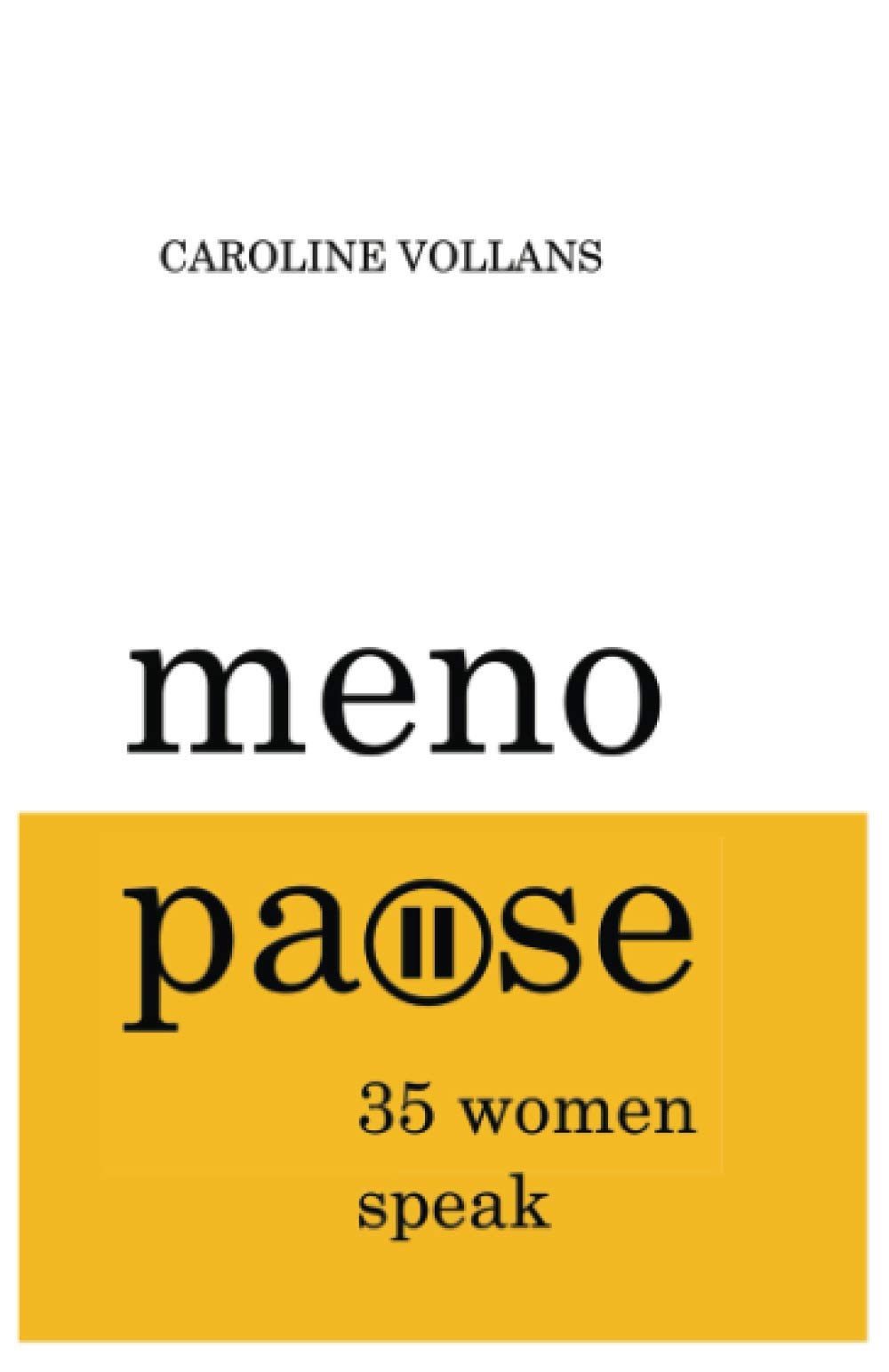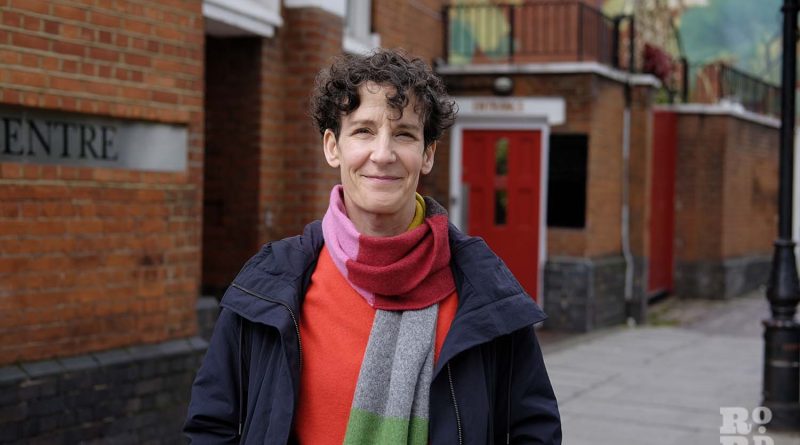Local women breaking the taboo around menopause
For too long, the experience of menopause has gone unspoken, both in our personal lives and the wider public. Now, a new book by local author Caroline Vollans, ‘Menopause: 35 Women Speak’, details women’s everyday experiences with menopause. Vollans now talks to one of the women featured in her book, Esther McKinney, who is a 52-year old Bethnal Green resident and yoga teacher at The London Buddhist Centre.
By Caroline Vollans
Esther McKinney has lived around Bethnal Green for twenty years. She is an architect and a yoga teacher. She teaches at the London Buddhist Centre and works from her home where she lives with her partner and teenage children.
The open question, ‘What would you like to say about menopause?’ gives Esther the opportunity to speak freely about what was significant to her, without being prompted.
Esther began, ‘One of the things I’ve been thinking about is that the whole story starts with your periods. My mother didn’t ever speak to me about it and found the whole subject matter of periods and sex or anything like that very, very difficult to talk about. My first period was a very lonely sort of experience’.
Consequently, Esther wanted this to be different for her own children but, despite her good intentions, it didn’t turn out quite as she’d envisaged,
‘I had the ambition that when I had daughters, I’d talk to them as much as they wanted about periods. And, actually, celebrate the beginning of that phase of life. However, when it came to it my eldest daughter was horrified by the idea of talking about it, and certainly of celebrating it!’ In the end they found a solution that suited them both.
Esther went on to say that, as with periods, when it came to the menopause, her mother did not speak about that either; it was largely a private matter for her. However, one day she was more or less forced into saying something.
‘I’m not sure of the details of it except that her hair fell out – and I mean all her hair fell out. I’m not quite sure how old she was, but in her fifties, I think. She decided to get a wig, none of which she told us about.
At the time she lived in France and we turned up to see her and there she was with this wig! She chose the sort of hair that, in her fantasies, she would always have had, which was a blond, straight bob. So, she took the opportunity to reinvent herself.’
Over time, and especially due to her dementia, Esther’s mother has now become less inhibited and more open to speaking about personal matters.
‘My mum’s a little bit more forthcoming about menopause now, partly because she has dementia, so there’s a lot more of her that’s accessible. She’s living very much in the past and more prepared to talk about things from the past.’
Esther points out something else that is different between herself and earlier generations.
‘Women like me, who had children when they were older, have a very different context for when they have their menopause. I guess the fact that my perimenopausal time coincided with my daughter’s first period wouldn’t have happened if I had children when I was younger. The “sandwich generation” thing is quite particular, isn’t it?’
Esther pondered further possible consequences of being part of the sandwich generation, which refers to middle-aged adults who need to care for both their children and their elderly parents.
‘Hopefully, the menopause won’t be too bad because I’ll have an awful lot on my plate over the next decade, potentially. Children doing exams and parents becoming older and frailer and more demanding in a certain sort of way.’
In terms of where she is at the moment, Esther says she hasn’t experienced anything too strong in the way of physical symptoms.
‘I’ve occasionally had hot flushes, but they’re usually brought on by situations that are a bit more demanding. If I’ve had to do a presentation or something I notice that I can get more hot and bothered and it doesn’t go away so quickly, as it once did.’
She hastens to add that, of course, she has no idea about what there might be to come as her menopause progresses.
For Esther, her friendships provide huge support. She hopes these will help see her through the menopause. This is something she considers to be another generational difference between her and her mother.
‘I think that these days women are much more aware of how important their friendships are. It seems to me that all those connections you make with people when you have children bear fruit and offer support. I don’t think my mum had this in the same way.’
Another key support in Esther’s life is her Buddhist practice.
‘My mid-life crisis was to become a Buddhist – it could have been a lot worse! So far, it seems to have been quite a positive way to have a mid-life crisis. In terms of menopause I think that the body awareness and meditation that is central to Buddhist practice is likely to be very helpful for the times that are to come.’
Esther drew to an end by saying, ‘I’m not sure what else to say except that the thing that really struck me when you mentioned doing this book was, “Yes, I really want to talk about that!”’

You can get Caroline Vollans’ new book, Menopause: 35 Women Speak, on Amazon.
If you liked this article, you might also be interested in reading about local mum influencer Chaneen Saliee’s journey to self-confidence.


